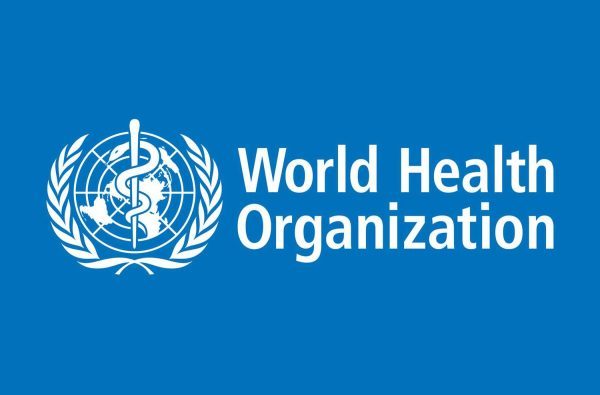
To improve global mental health, the World Health Organisation has unveiled new guidance to help countries reform and strengthen their mental health policies and systems.
The WHO in a statement on Wednesday highlighted that mental health services worldwide remain underfunded, with significant gaps in both access and quality of care.
The statement noted that, in some countries, up to 90 per cent of individuals with severe mental health conditions received no care at all.
“Many existing services still rely on outdated institutional models that fail to meet international human rights standards,” the statement noted.
“The guidance offers a clear framework to transform mental health services based on the latest evidence and international human rights standards, ensuring that quality care is accessible to all.”
The WHO Director-General, Tedros Ghebreyesus, stressed that despite increasing demand, quality mental health services are still out of reach for many.
“This new guidance provides governments with the tools to promote and protect mental health, creating systems that serve everyone,” he said.
He added that while effective prevention and treatment methods existed, most people living with mental health conditions lacked access to them.
“The new guidance sets out concrete actions to help countries bridge these gaps and ensure mental health is both promoted and protected, with a strong focus on upholding human rights.”
Ghebreyesus also emphasised that the guidance aligned mental health policies and services with international human rights standards promoted holistic care addressed lifestyle and physical health alongside psychological, social, and economic interventions.
He highlighted the importance of tackling social and economic factors like employment, housing, and education, which affected mental health, and ensuring the involvement of people with lived experience in policy planning and design.
“The guidance identifies five key policy areas that urgently require reform: leadership and governance, service organisation, workforce development, person-centered interventions, and addressing the social and structural determinants of mental health.”
Ghebreyesus noted that the guidance served as a critical tool for governments, policymakers, and stakeholders working to strengthen mental health systems and improve access to care.
“By offering a variety of policy directives, strategies, and actions, it supports policymakers in prioritising and tailoring reforms according to their national context, resources, and operational structures.”
Michelle Funk, Unit Head for Policy, Law, and Human Rights in WHO’s Department for Mental Health and Substance Abuse, stated that the guidance provided practical strategies for countries to build inclusive, responsive, and resilient mental health systems.
Ms Funk said it is designed to be flexible and can be adapted by all countries, whether low-, middle-, or high-income, based on their specific needs and priorities.
She added that the guidance was developed in consultation with global experts, policymakers, and individuals with lived experience.
Funk also mentioned that it was built on resources and tools from WHO’s Quality Rights initiative, which promoted a person-centered, recovery-oriented, and rights-based approach to mental health.
“WHO will support countries in implementing this guidance through technical assistance and capacity-building initiatives,” she said.
NAN










